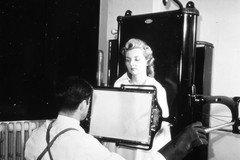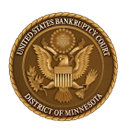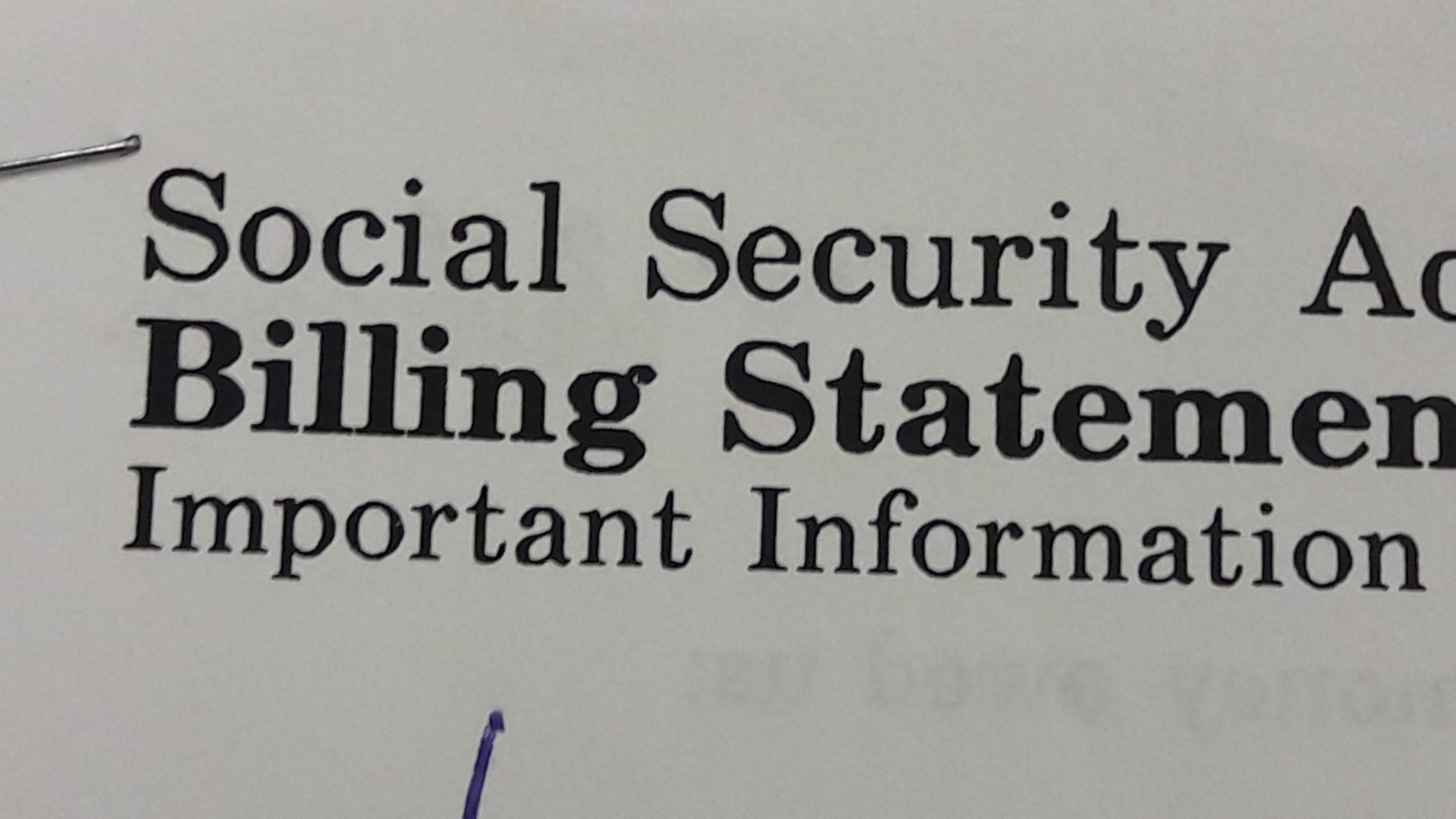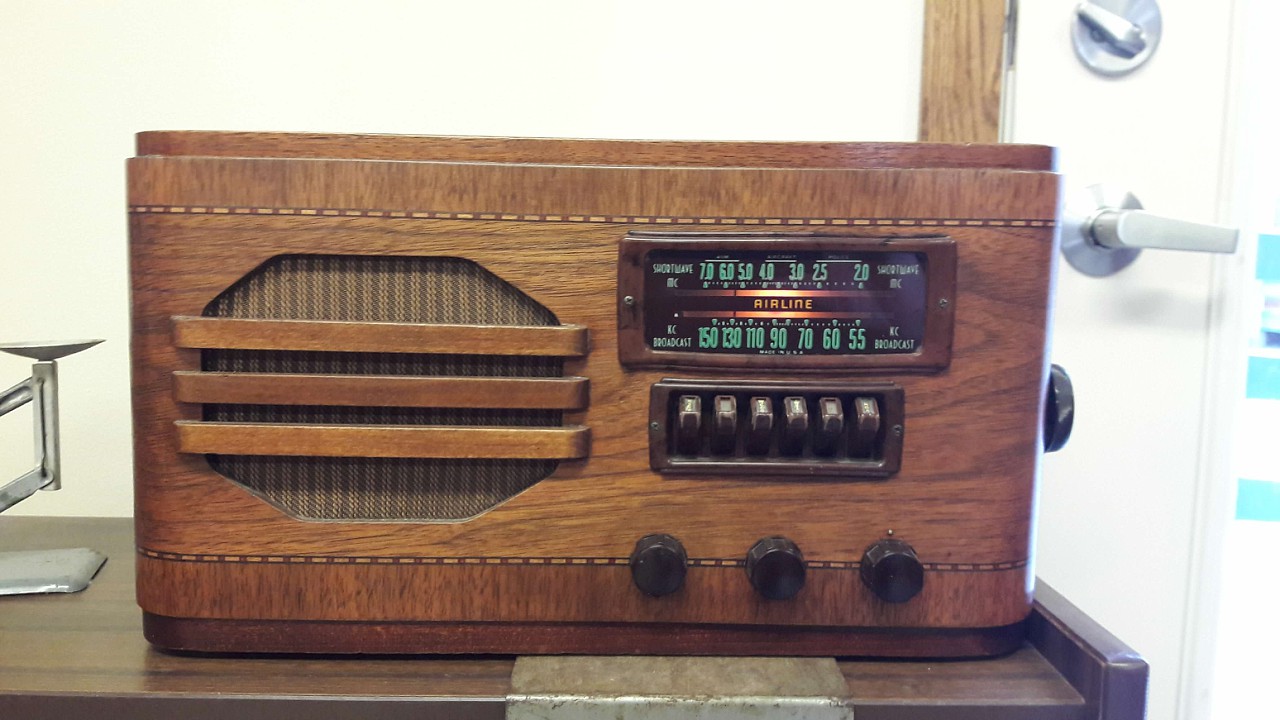By David J. Kelly, Minnesota Bankruptcy Lawyer
It has always seemed to me that most of the things you SHOULD NOT do before filing bankruptcy are things that in ordinary circumstances your mother would say that you SHOULD do. If you are thinking of filing a bankruptcy, it’s time to consult your lawyer and not your mother or friends or relatives. The sooner you consult a lawyer the better. The bankruptcy code is full of hidden traps and gotchas.
This is the first in a series of seven blog posts about things to NOT do if you are considering filing a bankruptcy in Minnesota. This post discusses payment of a debt to an insider – usually that means a close friend or relative. It can also include a business partner or associate.
In a Chapter 7 bankruptcy amounts repaid within a year before the bankruptcy is filed on debt owing to an insider can be clawed back by the trustee. In Chapter 13 bankruptcy you have to pay extra money into your plan to cover what the trustee could have clawed back had it been a Chapter 7. Either way, this is something you want to avoid. There is a fix for the problem, but you might not like it: obtaining another loan from the person you repaid in an amount in excess of the amount you paid.
The last thing you want after your bankruptcy case is filed is for your mother or brother to receive a letter from the trustee demanding return of money you paid them. You get the same result if you pay a debt owing to an insider by giving the insider a benefit indirectly. Here’s a common example of how this can happen. Let’s say you need to buy a car but you can’t get a loan to do so. Your brother does a cash advance on his credit card and loans you the money to buy the car. Every month you make a payment on the credit card that is in your brother’s name. In a Chapter 7 bankruptcy the trustee can go after your brother to recover all the payments you made on that credit card within the year before filing. In a Chapter 13 you may have to pay larger payments to cover for the amount you repaid in your brother’s name.
I always hate it when I learn that my client or potential client has just done something that is really going to make the case difficult. The rule seems to be that they always do it just a few days before coming in to see me. If only they had talked with me before doing that!
If this sounds complicated it is. If you are thinking of bankruptcy it is best if you consult a lawyer before you make any financial moves. I would be glad to discuss the details of your case. Call me at 952-544-6356.















